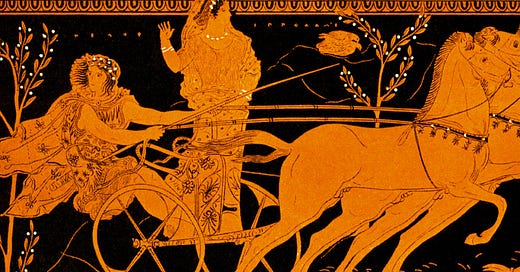Why year-end "best of" lists matter--and why they don't
Gift lists, top 100 lists, longlists: this is an emotionally dyspeptic season for anyone who's published a book in the past year. Here are some spiritual antacids.
I just recorded an interview for Julie Satow and Alice Langer Robb’s “How Books Work” podcast. Julie, to whom I am now pleased to award the Nobel Peace Prize, ended the conversation by solving my writer’s block with a free newsletter idea. (Bless you, Julie, from the bottom of the fascism-anxiety goo where my brain used to be.)
Julie asked me to write something about year-end “Best Of” lists. Authors feel so much anxiety about them, she said.
Believe me, I know. And I wish they wouldn’t—because as I’m about to explain, they’re just not worth any anxiety expenditure at all.
On the other hand, as a person who sniffs around like a coke addict for even microscopic bathroom-stall leftovers of external validation, I completely understand.
What are year-end Best Of lists?
First: if you’re genuinely asking this question, tell me you’re not a published author without telling me you’re not a published author. LOL.
Second, here’s the answer: In the next month and a half, just about every national publication that still covers books will publish a list of their 10, 50, 100, etc. favorite titles of the year.
Amazon and Time Magazine dropped theirs this week. The NYTBR and NPR will probably do theirs later in the month (links are to the 2023 lists). There will be many more besides: The Washington Post, The Guardian, and on and on and on.
If you’re an author published by a Big 5 type place, you needn’t monitor when these lists go live and then race to see whether you’re on them—if you’re on them, your publicist will likely tell you within minutes.
Nevertheless: I know you’re going to check anyway. I check anyway, scanning for Neon covers with the avidity of your least fun elementary school classmate challenging you to one of those unbearable picture-matching flip games.
Who decides what books go on these lists, and how do they do it?
Keep reading with a 7-day free trial
Subscribe to How to Glow in the Dark to keep reading this post and get 7 days of free access to the full post archives.



